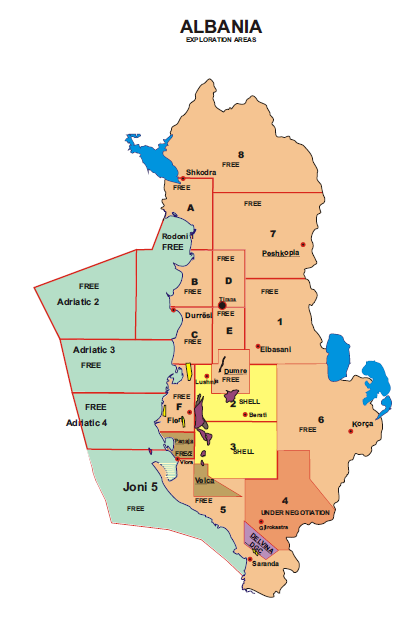Overview
Albania’s pharmaceutical sector includes around 200 pharmaceutical warehouses, more than one thousand pharmacies, 210 pharmaceutical private agencies, and 42 pharmacy hospitals. Imports dominate Albania’s drug market and most major international brands represented in the country. Locally manufactured products, while growing recently, continue to account for a small share of the total market.
The Ministry of Health monitors the pharmaceutical industry, and all pharmaceuticals, including over the counter (OTC) must be registered with The National Agency of Pharmaceuticals and Medical Devices (http://akbpm.gov.al/?lang=en). The government sets profit margins for actors involved in the distribution chain for both reimbursable and non-reimbursable pharmaceuticals.
The Compulsory Healthcare Insurance Fund (ISKSH), which manages the public health coverage plan, includes a mix of Bismarck and Beveridge models. ISKSH develops an annual reimbursement list of pharmaceuticals that will be subsidized by the government for primary and hospital healthcare. For additional information, visit a list of reimbursable pharmaceuticals website (list of reimbursable pharmaceuticals website).
Two drug commissions annually approve the list of pharmaceuticals reimbursable by ISKSH. The commissions also define profit margins for importers and secondary distributors, as well as pharmacies. For more information, please visit Compulsory Health Insurance Fund (https://fsdksh.gov.al/).
In 2020, Albanian imports under chapter 30, “pharmaceutical products,” reached USD 232 million. Generic pharmaceuticals are popular in the market due to their lower prices.
Leading Sub-Sectors
- OTC and Food Supplements
- Opportunities
The COVID-19 pandemic has increased the demand for drugs in general and OTC, mostly vitamins and food supplements.
Pharmaceuticals that treat cardiovascular disease, cancer, and diabetes are expected to rise in demand. U.S. suppliers might also consider the pharmaceutical market for vitamins and minerals. The market for food supplements is also under-developed and represents additional opportunities for U.S. exporters.
Public hospitals procure the drugs thorugh public tenders, which are all announced in the Agency of Public Procurement portal. Interested companies should monitor the portal for opportunities. The private market also presents opportunities, and interested companies should engage local dealers, agents, representatives, or partners for assistance.
For more information on the Albanian healthcare system the following resources might be useful.
Resources
- Compulsory Health Insurance Fund (https://fsdksh.gov.al/)
- Ministry of Health
- List of Reimbursable Pharmaceuticals (https://fsdksh.gov.al/project/lista-e-barnave/)
- The National Agency of Pharmaceuticals and Medical Devices (https://fsdksh.gov.al/project/lista-e-barnave/)
